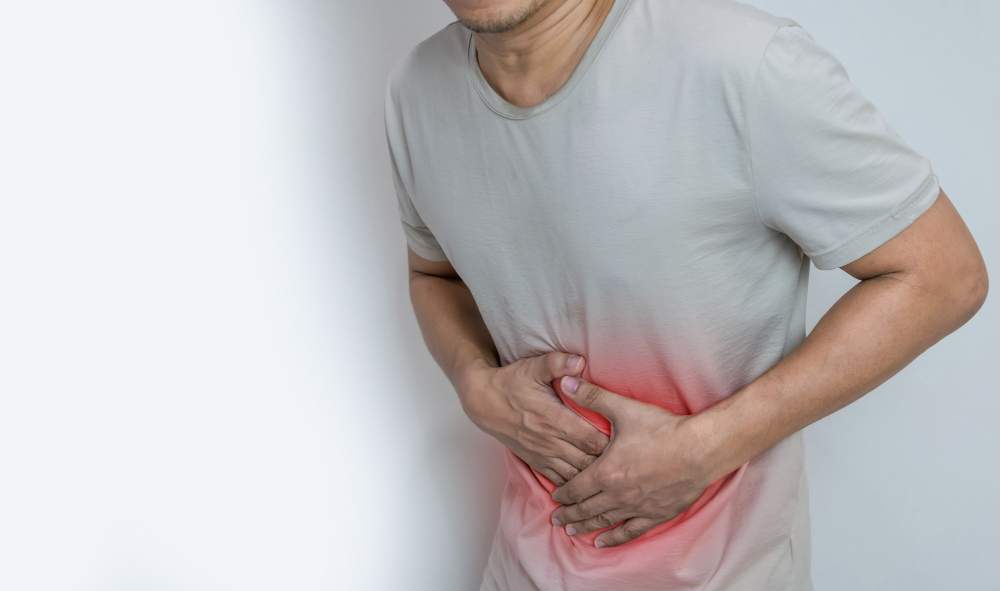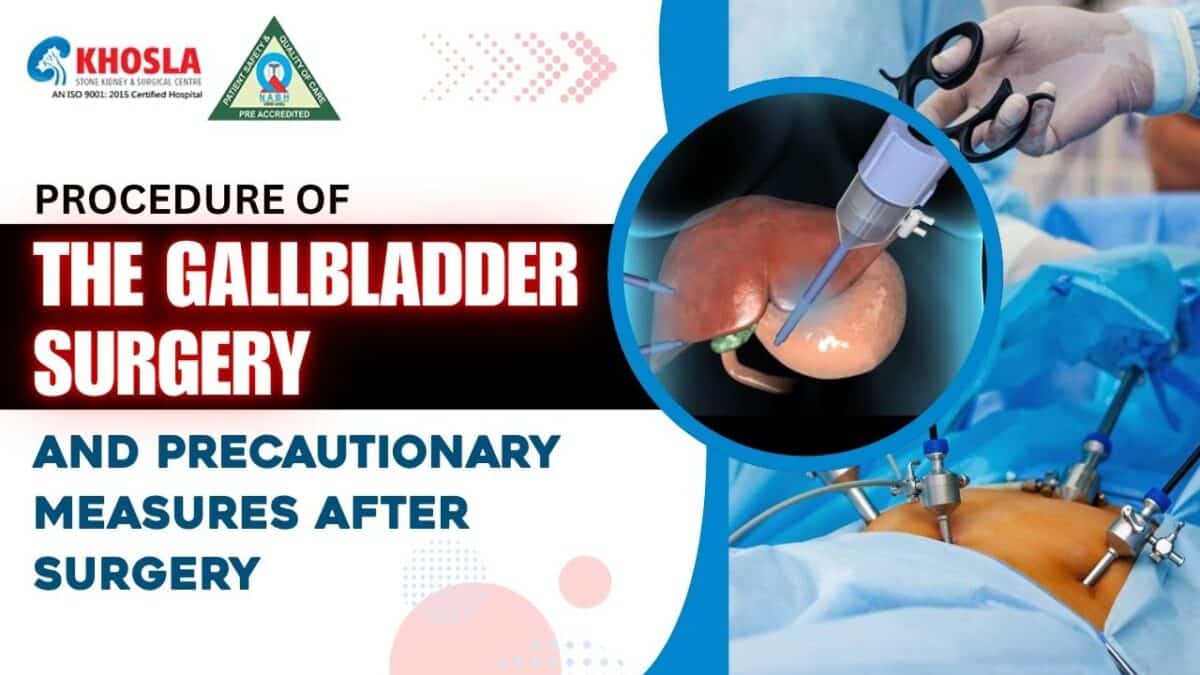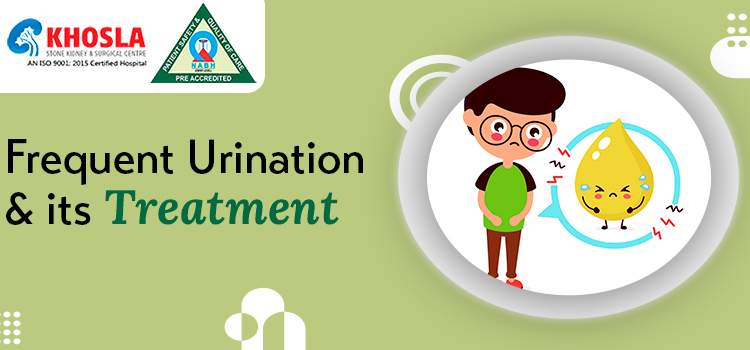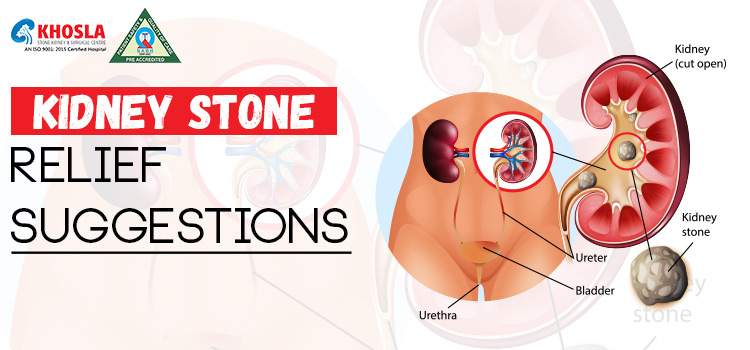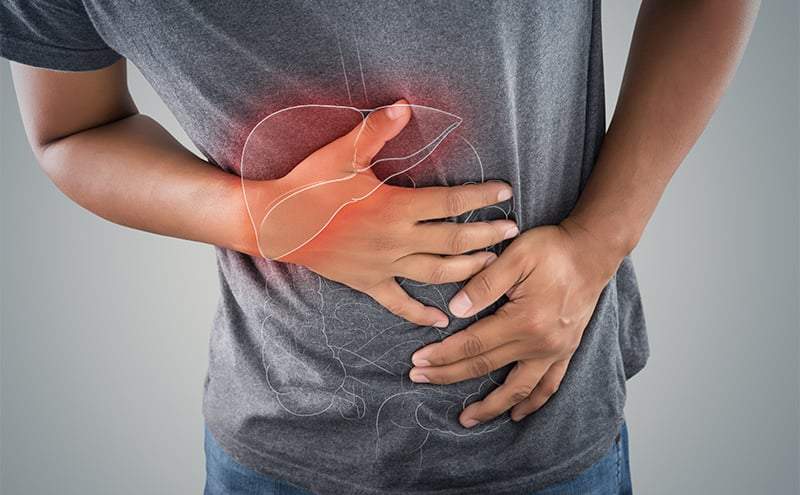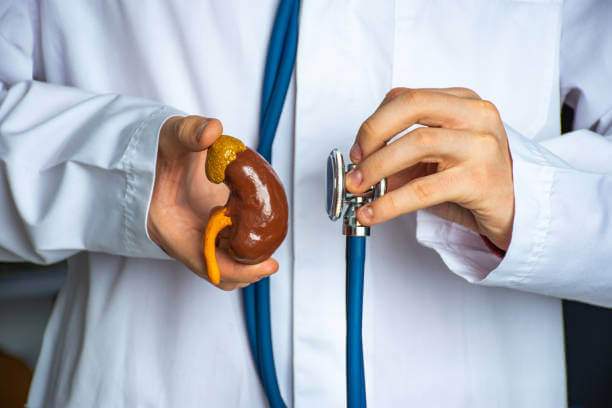![]()
Kidneys play a crucial role in the procedure of filtration. If there is any blockage in your kidneys, then it can lead to dangerous health issues. Many people are suffering from chronic kidney diseases because people control their urine for a long time. In this condition, people are facing trouble in urination, or both the kidneys fail. The best urologist in Ludhiana, Dr Rajesh Khosla, is known for providing treatment for kidney failure.
What is the definition of chronic kidney disease?
Chronic kidney disease is a condition in which the kidneys are damaged and unable to filter blood. It is because of excess amount of fluid and wastage from the blood remains in the body. It also causes other health problems like heart disease and stroke. Another name for chronic kidney disease is chronic kidney failure. It is involved in the gradual loss of kidney function. Your kidneys filter the wastage and excess fluids from the blood, which exit from the body in the form of urine.
Causes of chronic kidney diseases
The different factors are responsible for the chronic kidney diseases:
- High blood sugar: Unmanaged Diabetic conditions lead to a high blood sugar level. It is known as hyperglycemia. High blood sugar can damage your kidneys as well as other organs.
- Blood vessels: High blood pressure means blood travels forcefully in your body through the blood vessels. Over time and without treatment, your kidney’s tissues get damaged because of extra force.
- Polycystic kidney disease: PKD is a condition you inherit from one of your parents that causes fluid-filled sacs to grow inside your kidneys.
- Glomerular diseases: Glomerular diseases affect how well your kidneys filter waste. Glomerulonephritis is an inflammation of the kidney’s filtering units.
- Lupus: Lupus is an autoimmune disease that can cause organ damage, joint pain, fever and skin rashes.
- Recurrent kidney infection, also called pyelonephritis.
Symptoms of the chronic diseases
During this time, people experience different symptoms.
- Nausea
- Vomiting
- Loss of appetite
- Fatigue and weakness
- Sleep problems
- Urinating more or less
- Decreased mental sharpness
- Muscle cramps
- Swelling of feet and ankles
- Dry, itchy skin
- High blood pressure (hypertension) that is difficult to control
- Shortness of breath, if fluid builds up in the lungs
- Chest pain, if fluid builds up around the lining of the heart
Diagnosis for kidney diseases
- Blood tests: Kidney function tests look for the level of waste products, such as creatinine and urea, in your blood.
- Urine tests: Analyzing a sample of your urine can reveal abnormalities that point to chronic kidney failure and help identify the cause of chronic kidney disease.
- Imaging tests: Your doctor might use ultrasound to assess your kidneys’ structure and size. Other imaging tests might be used in some cases.
- Remove the Sample: Remove a sample of kidney tissue for testing. Your doctor might recommend a kidney biopsy, which involves removing a sample of kidney tissue.
Treatment of chronic kidney diseases
- Dialysis: Dialysis artificially removes waste products and extra fluid from your blood when your kidneys can no longer do this. In hemodialysis, a machine filters waste and excess fluids from your blood. During dialysis, a thin tube is inserted into the abdomen that fills your abdominal cavity with a solution that absorbs waste and excess fluids. After some time, the dialysis solution drains from your body.
- Kidney transplant: In some critical conditions, Urologists suggest transplant surgery. Before the surgery you have to find a donor who gives a kidney. The surgery procedure involves placing a healthy kidney from the donor into your body. The transplanted kidneys can come from deceased or living donors.
Risk factors of chronic kidney diseases
If you are suffering from the following health conditions, then you are at risk of chronic kidney diseases.
- Diabetes
- High blood pressure
- Heart diseases
- Family history of CKD
- Obesity
Nowadays, problems related to the kidneys are very common. The stones in the kidney also increase the risk of kidney failure because stones make the kidney weak, and weak organs easily get touched by the disease. For the best treatment of kidneys, patients should go to Khosla Stone Kidney & Surgical Centre. Book an appointment with the best doctor, mainly known as a Kidney Specialist in Ludhiana, at our hospital for a consultation.

